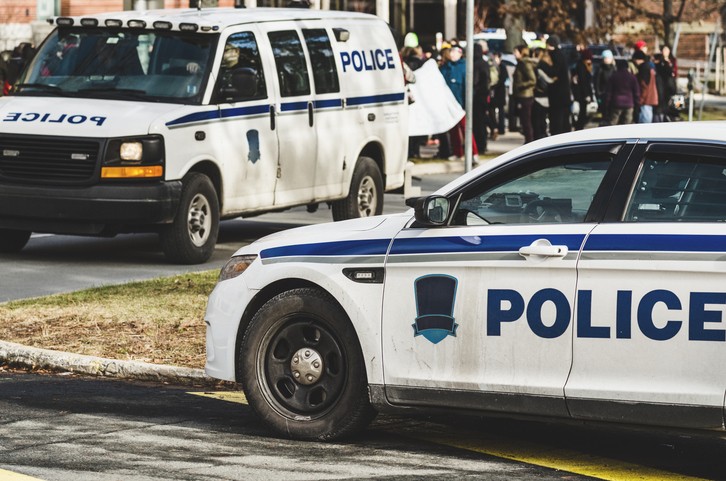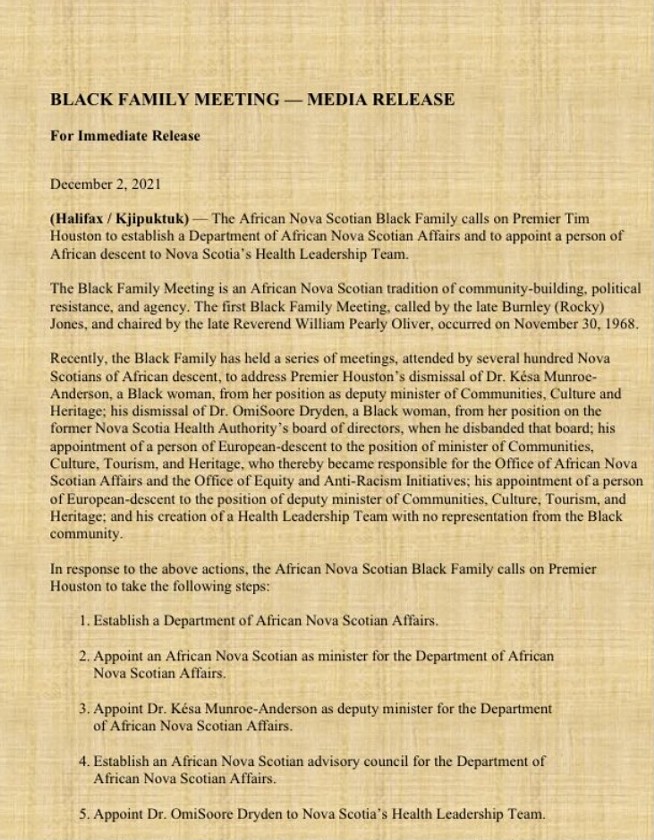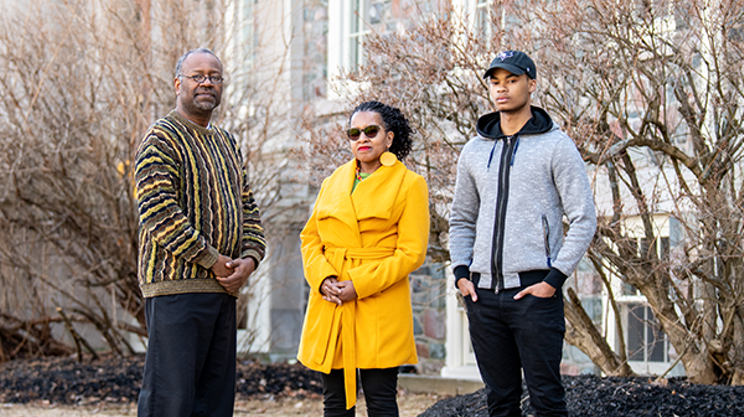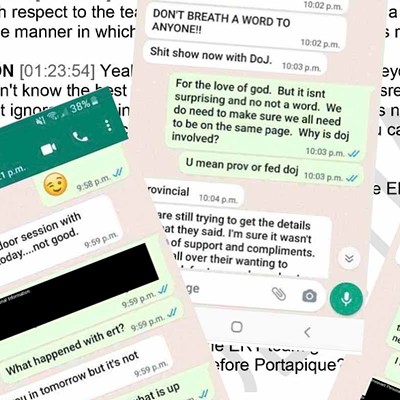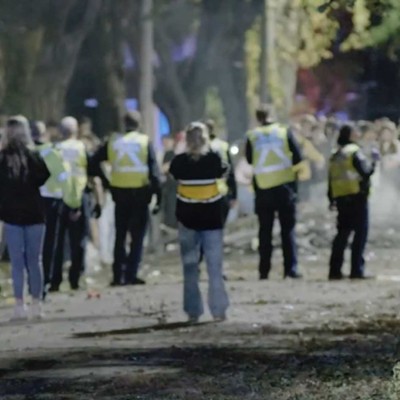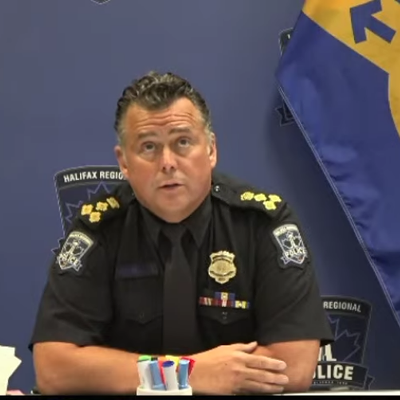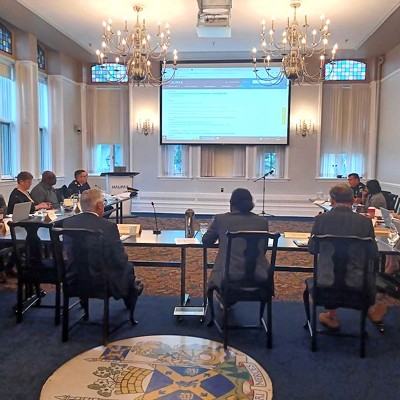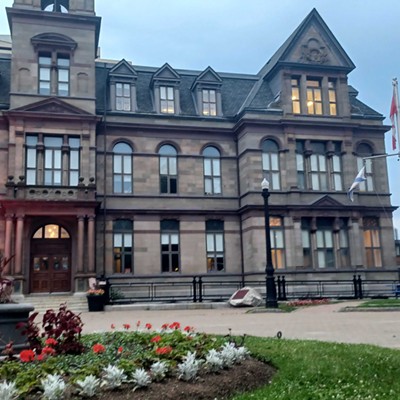A new law enforcement directive is meant to strengthen the existing ban on the racist practice of police street checks, which targeted Black Haligonians six times more often than white residents. Liberal and NDP critics for justice and African Nova Scotian affairs say they’re pleased with the change, but there’s more work to be done.
“It’s really nice to see movement on this particular issue, it was something we brought up during the last (House) sitting, so you would think it would have been addressed sooner. But we’re grateful,” NDP MLA Suzy Hansen said in an interview.
Nova Scotia’s attorney general and minister of justice Brad Johns issued the new law enforcement directive Thursday to address concerns that police could still illegally collect and record peoples’ identifying information. The change replaces the term “suspicious activity” with “reasonable suspicion” in the directive.
"Street checks are banned, and we have taken additional steps to better protect racialized communities by making changes to the directive that reflect the feedback we received," minister Johns said in a statement.
“Today's change makes it clear that police must use the criminal law standard of reasonable suspicion before detaining a person or collecting identifying information without their consent,” he said.
Liberal MLAfor Preston and justice critic Angela Simmonds, who “repeatedly called on the minister of justice to amend the past directive to increase the legal threshold, leaving no room for discretionary questioning,” during the House sitting, says she’s pleased to see this change.
“While this is a step in the right direction, there is more work that needs to be done,” Simmonds said in a statement. She says next the government should legislate this change and implement recommendations of the 2019 Wortley Report, which include tracking race-based data and close monitoring of police interactions with Black people.
Hansen, who represents Halifax-Needham, says legislation needs to consistently be considered “through the lens of equality to make sure stuff like this doesn’t continue to happen.”
Vanessa Fells, director of operations for the African Nova Scotian Decade for People of African Descent, said the organization is pleased with the progress “however, we need to fully address the historical problems that exist with policing Black bodies.”
"We have proposed the need for an African Nova Scotian Policing Strategy and look forward to working with justice and policing officials to improve policing practices for all Nova Scotians,” she said.
On the same day of the strengthened law directive, a coalition of African Nova Scotian leaders and organizations, including Fells, issued a statement addressing a lack of Black representation in government.
The statement from the Black Family Meeting came with five calls to action: Establish a department of ANSA (as opposed to an office). Appoint an African Nova Scotian as minister of the department. Appoint Dr. Késa Munroe-Anderson as deputy minister of ANSA. Establish an African nova Scotian advisory council. Appoint Dr. OmiSoore Dryden to Nova Scotia Health's leadership team.
Fells said in an email the Black Family Meeting is pushing towards Kujichagulia, or self-determination. “This means that we as a community will define ourselves, name ourselves, create for ourselves and speak for ourselves," she said.
Fells says the premier’s decision to appoint a white minister of ANSA and remove a Black leader from the province’s health leadership team were mistakes that “tried to silence the community.”
“We seek to correct those past wrongs and move towards Kujichagulia or self-determination with the creation of a department of African Nova Scotian Affairs overseen by a minister and deputy minister, chosen by us,” she said.
In response to the requests from the Black Family Meeting, minister of African Nova Scotian affairs Pat Dunn said he and premier Tim Houston will be meeting with representatives from the group next week.
“We have some next steps in the works at African Nova Scotian Affairs that we look forward to discussing with the group, and we will have more information to share publicly soon,” Dunn said in an email.

